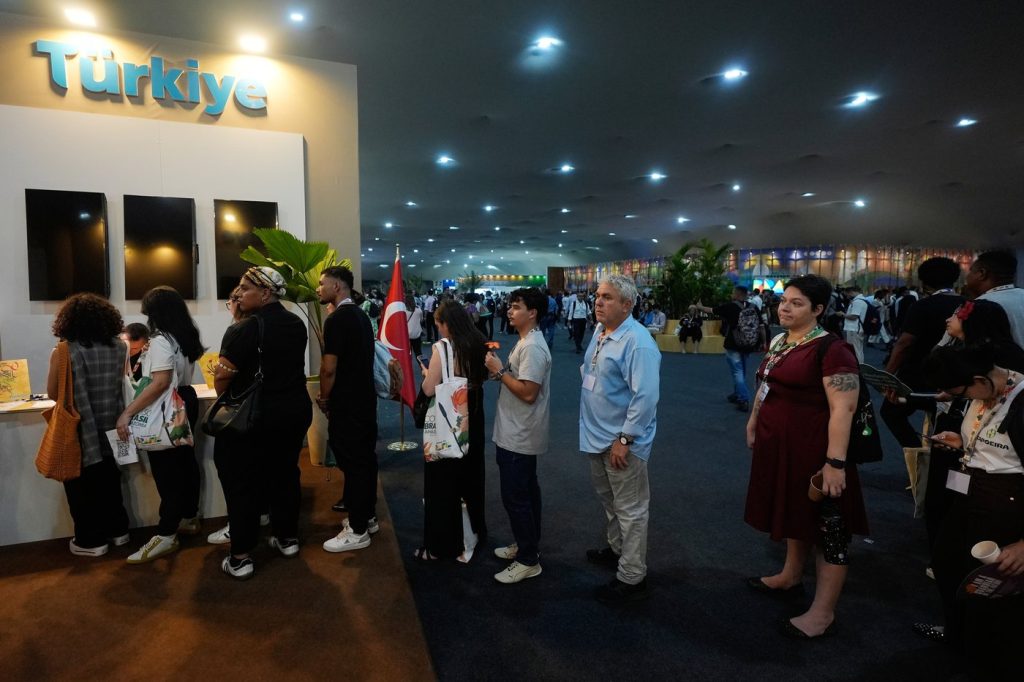Turkey has been selected to host the annual United Nations climate talks in 2026, as Australia withdrew from the bid to host the conference after a lengthy negotiation process. The announcement came during the current U.N. conference taking place in Belém, Brazil, where Brazilian President Luiz Inácio Lula da Silva was addressing attendees. Australia's Climate and Energy Minister, Chris Bowen, made the official announcement on the sidelines, confirming that the nation would no longer pursue the hosting opportunity.
In a significant move, Turkey will be hosting the conference in the resort city of Antalya. Despite Australia stepping back, Minister Bowen is anticipated to act as the president of next year's negotiations, a compromise that he stated was agreed upon with Turkey. Bowen highlighted the importance of collaboration, mentioning, "Obviously, it would be great if Australia could have it all. But we can't have it all."
As the president of the negotiations, Bowen will hold full authority to manage the dialogue, appoint co-facilitators, prepare draft texts, and issue the cover decision. This unique arrangement drew attention, with environmental group Greenpeace labeling it "highly unusual." David Ritter, the head of Greenpeace Australia Pacific, emphasized that regardless of the president or the forum, the urgency of tackling climate issues remains critical. He stated, "Phasing out fossil fuels and ending deforestation must be at the core of the COP31 agenda."
Earlier this week, Ethiopia was announced as the host for COP32, and other nations, including India, are already in the process of bidding to host subsequent discussions in the years following. This series of announcements reflects the ongoing global efforts to address climate change more effectively during international summits.
Australia's decision to withdraw has drawn mixed reactions, highlighting the complexities involved in international climate negotiations and the different priorities among member states. The focus at COP30, currently underway, is on critical issues ranging from emissions reductions to sustainable development practices, setting the tone for future meetings.
As the climate crisis continues to escalate, the debates and decisions made at these gatherings are crucial for implementing global strategies to combat environmental degradation. The collaborative involvement of various countries remains essential to navigate the challenging but necessary transformations within global ecosystems.
This situation illustrates the ongoing dynamics of international climate diplomacy, showing how leadership roles can shift and change as countries work together toward common goals while negotiating their interests. The path forward will require a concerted commitment from all participants to achieve meaningful outcomes on pressing climate-related challenges.











